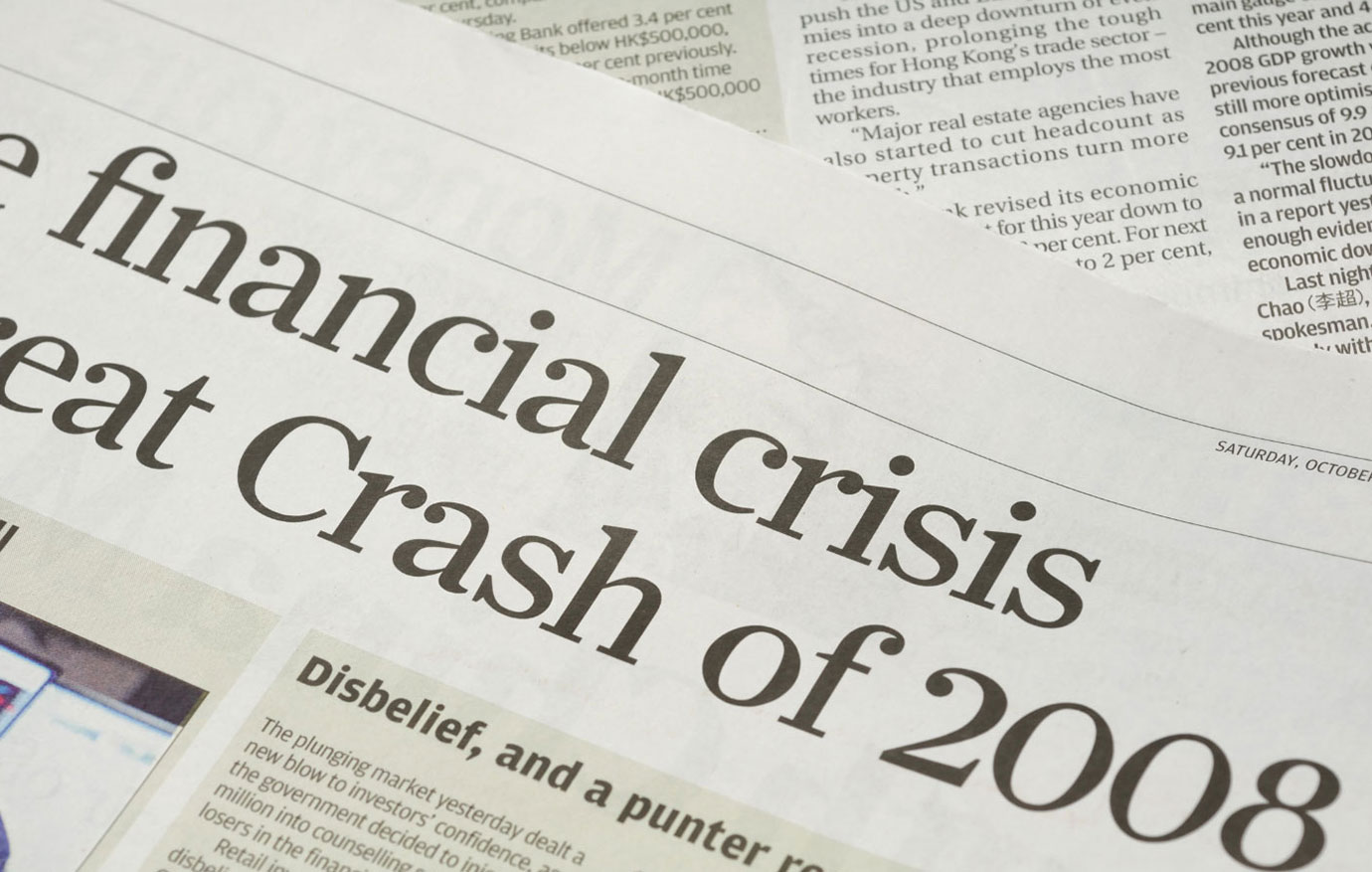How “Cultural Distance” between Societies Can Hamper Economic Prosperity
Cultural disparities between national, linguistic, or cultural groups can prevent the spread of trade and hamper the adoption of useful economic strategies. Original Article: "How "Cultural Distance" between Societies Can Hamper Economic Prosperity" This Audio Mises Wire is generously sponsored by Christopher
The UK’s National “Crisis”: Age-Adjusted Mortality Is at 2008 Levels
All over the world, populations have been locked up, have become fearful, and none of it can be justified. Looking at the UK, the overall death rate for 2020 is not unprecedented, and some of the increase in the death
Without Lockdowns, Sweden Had Fewer Excess Deaths Than Most of Europe
Although the experts assured us Sweden would experience a disaster and a bloodbath without covid lockdowns, the Nordic nation has fared better than Europe on excess deaths. Original Article: "Without Lockdowns, Sweden Had Fewer Excess Deaths Than Most of Europe" This Audio
Don’t Expect Foreign Policy Experts to be Held Accountable for Afghanistan
Can America’s self-styled foreign policy experts be expected to learn from the failures of the latest misadventure in Afghanistan? If history is an indicator, there’s little reason to believe the foreign policy blob will learn the error of their ways. The
What the New Nobel Winners Get Wrong about Economics
This year’s Nobel Prize in economics was awarded to David Card of the University of California, Berkeley, Joshua Angrist of Massachusetts Institute of Technology, and Guido Imbens of Stanford University. The laureates, according to the Nobel Committee have made an
Jay Bhattacharya on Public Health
Our guest is Jay Bhattacharya, Professor of Medicine and Health Policy at Stanford University. Professor Bhattacharya is also research associate at the National Bureau of Economics Research, a senior fellow at the Stanford Institute for Economic Policy Research, and director
Fabrice Testa on Super Entrepreneurship
Entrepreneurship is a method, and it’s also a mindset. Fabrice Testa has written a book that brilliantly integrates the two: he calls the integration "Super Entrepreneurship," and his book title is therefore Super Entrepreneurship Decoded (Mises.org/E4B_139_Book). He has the appropriate
Polygamy Is a Problem for Economic Development
Though a rarity in most places, polygamy is pervasive in a batch of countries situated in West and Central Africa, including Burkino Faso (36 percent), Mali (34 percent), and Nigeria (38 percent). Economist James Fenske in a 2011 paper discussing
“Shortages” Aren’t Causing Inflation. Money Creation Is.
The current surge in inflation is not due to a shortage of supply as central banks want us to believe. It is primarily due to soaring consumer demand fueled by monetary creation. Original Article: "'Shortages' Aren't Causing Inflation. Money Creation Is." This Audio











